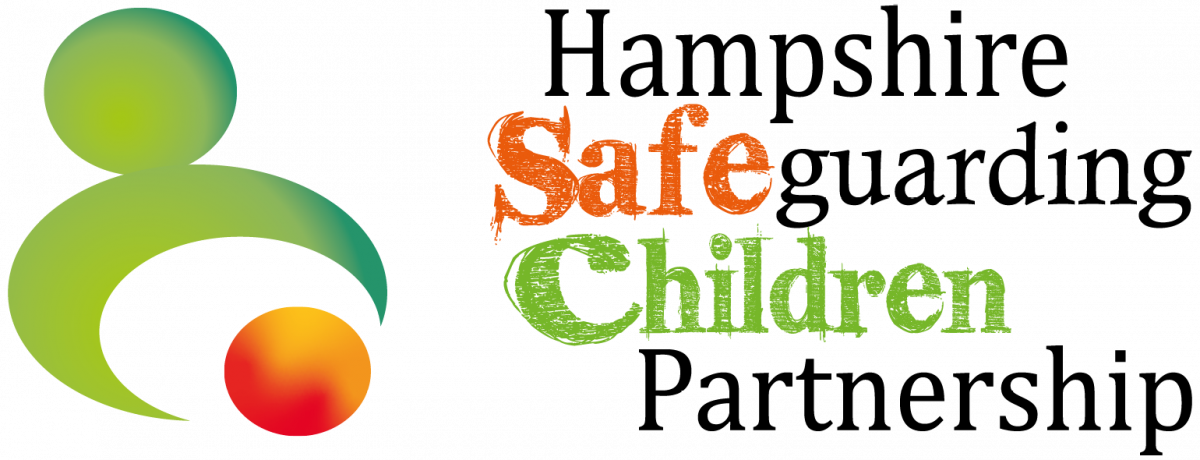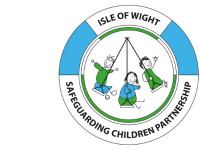Overview
An ‘unidentified adult’ is used to describe an individual over the age of 18 who is unknown to or not engaging with agencies, but is involved in the care of a child (from an unborn baby though to a young person up to the age of 18). Other terms frequently used include ‘connected adult’, ‘hidden adult’ and ‘unseen adult’. These adults may reside in the same household as children or have frequent interactions with children, regardless of their role, for example, a parent, partner, grandparent, family friend, neighbour, babysitter etc.
There is a wealth of information available both locally and nationally that highlights the importance of understanding connected adults who have contact with a child, regardless of their relationship or living situation. An unidentified adult in a child’s life may play a positive role in their development and wellbeing. However, several reviews have highlighted professionals not recognising and assessing key adults, including fathers, mothers/fathers’ partners, extended family members and friends, who are involved in the care of children that have subsequently died or suffered harm.
Understanding unidentified adults in a child’s life is important, so professionals can understand:
- The positive contribution that they might make to the needs and welfare of the child.
- What support they may offer to the family, including caring for children.
- Any risks which they might present.
When information is sought from practitioners regarding adults involved in a child’s life, it is important that the information received is recorded within your agency’s records.
It is crucial to acknowledge that individuals have varying perspectives on what constitutes a family unit. It is possible that adults whom children might consider as a family member, such as a family friend, may not actually be related to them.
Development of the toolkit
The Understanding Unidentified Adults Toolkit was developed in response to a Serious Case Review which recommended that Hampshire Safeguarding Children Partnership should work with practitioners across all partner agencies to explore the barriers to involving fathers in their practice and develop an action plan to address any findings from this work.
The toolkit was first published in 2017, and later revised and updated in 2024.

